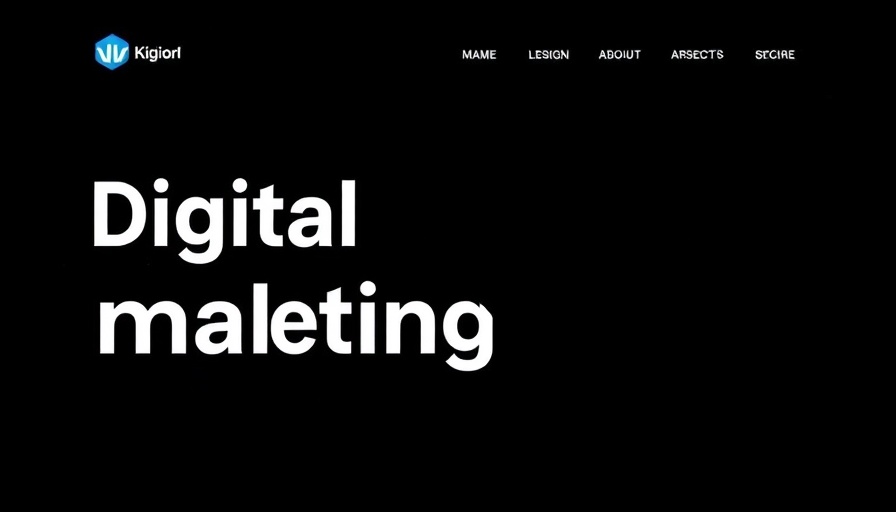
A New Era of Interactive Storytelling with AI Character Bots
Imagine stepping into a world where every conversation feels like an immersive narrative, where characters react and respond as if they were flesh and blood. This is the magic of AI character bots, which have become key players in roleplaying games and creative writing. These bots offer more than just a simplistic interaction: they allow users to engage dynamically, creating unique experiences that resonate deeply with players.
The Transformative Power of AI in Roleplay Experiences
AI character bots are redefining storytelling by enhancing player engagement and transforming traditional forms of interactions. As highlighted in many expert discussions, these bots utilize advanced natural language processing and machine learning to offer personalized gaming experiences. They act as:
- Narrative Guides: Helping players navigate through complex storylines, AI bots offer hints that enrich the gaming experience.
- Emotional Companions: Acting as in-game allies, they provide emotional connectivity that elevates the game’s immersiveness.
- Quest Creators: Dynamically crafting quests based on player behavior ensures each adventure is uniquely tailored.
Choosing the Right AI Character Bot for Your Needs
The selection of an AI character bot largely hinges on your specific goals. Are you looking for a storytelling companion or a casual chat partner? Understanding your desires is the first step.
It’s essential to consider customization options as well. Each bot offers varying levels of character personalization. For instance, platforms like DreamGen allow for extensive customization, while others, like Replika, focus on emotional connections with users.
The Emotional Impact of AI Interaction
Engaging with AI character bots may lead to significant emotional responses. While these bots can foster strong connections, users must remain aware that these relationships are ultimately artificial. Users tend to confuse AI-generated empathy with genuine human interaction, leading to potential emotional distress if the bot's nature becomes misleading.
Roleplay AI Bots: A Growing Market Trend
According to recent reports, the market for AI character bots is expanding rapidly. By 2024, we can expect a significant increase in roleplay features offered by these chatbots, providing greater depth to storytelling enthusiasts.
Notable mentions include Janitor AI, which offers a vast array of characters, and TavernAI, which focuses on collaborative storytelling. Each bot brings its own flavor to roleplaying and can facilitate unique interactions tailored to the user’s preferences.
Practical Insights for Entrepreneurs in AI Development
For professionals and entrepreneurs venturing into AI character bot development, several key factors must be considered:
- Data Privacy: Ensure that these platforms respect user data and seek informed consent regarding data usage.
- Quality Control: As character AI bots learn from massive datasets, developers must be vigilant about the accuracy of the information provided, ensuring it is free from bias and misinformation.
- Emotional Design: Understand the emotional implications of user interactions with AI bots to create compelling products that enhance the overall experience.
Innovative Applications in Marketing and Beyond
Beyond gaming, AI character bots offer innovative applications in fields such as digital marketing, virtual customer service, and educational tools. As various industries embrace AI technologies, companies integrating character bots into their marketing strategies can enjoy enhanced customer engagement, lead generation, and personalized communication.
Exploring the Future of AI-Driven Roleplay
Looking ahead, the future is brimming with possibilities for AI character bots. Their adaptability makes them ideal for a myriad of applications beyond mere gaming. With advancements continuing in artificial intelligence and machine learning, we can anticipate a more integrated presence of these bots across industries, enhancing user interactions and driving innovative marketing strategies.
In conclusion, AI character bots are not just tools for gaming; they represent a shift in how we engage with technology creatively. For entrepreneurs and professionals eager to harness this technology, understanding how to leverage these bots can lead to significant strides in customer engagement and innovative storytelling.
Ready to explore the world of AI character bots? Dive in and redefine your roleplay experiences today!
 Add Row
Add Row  Add
Add 




Write A Comment